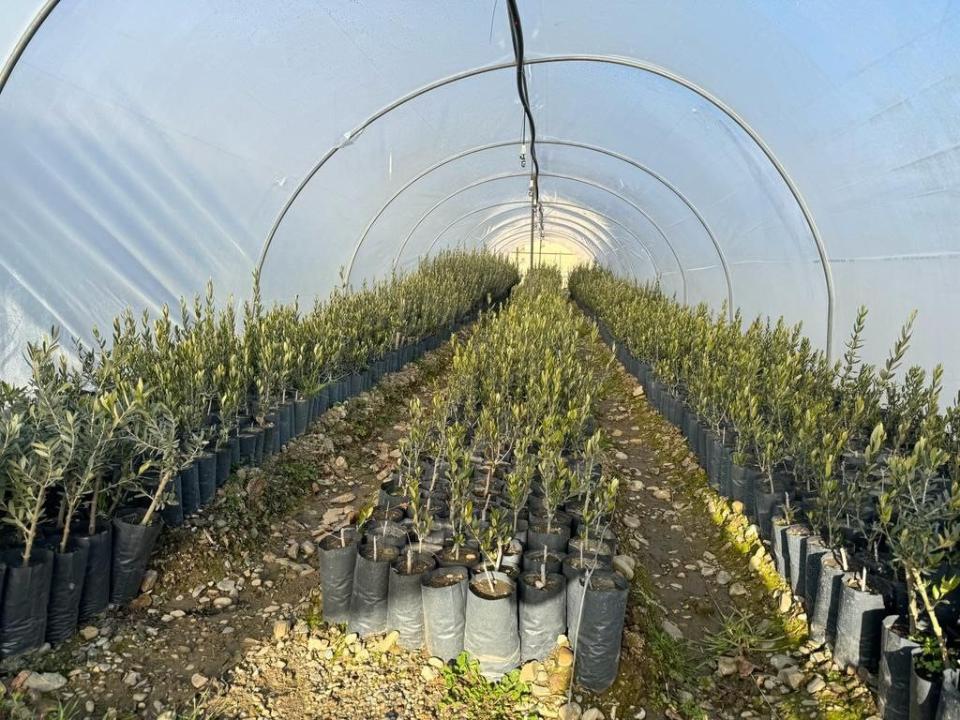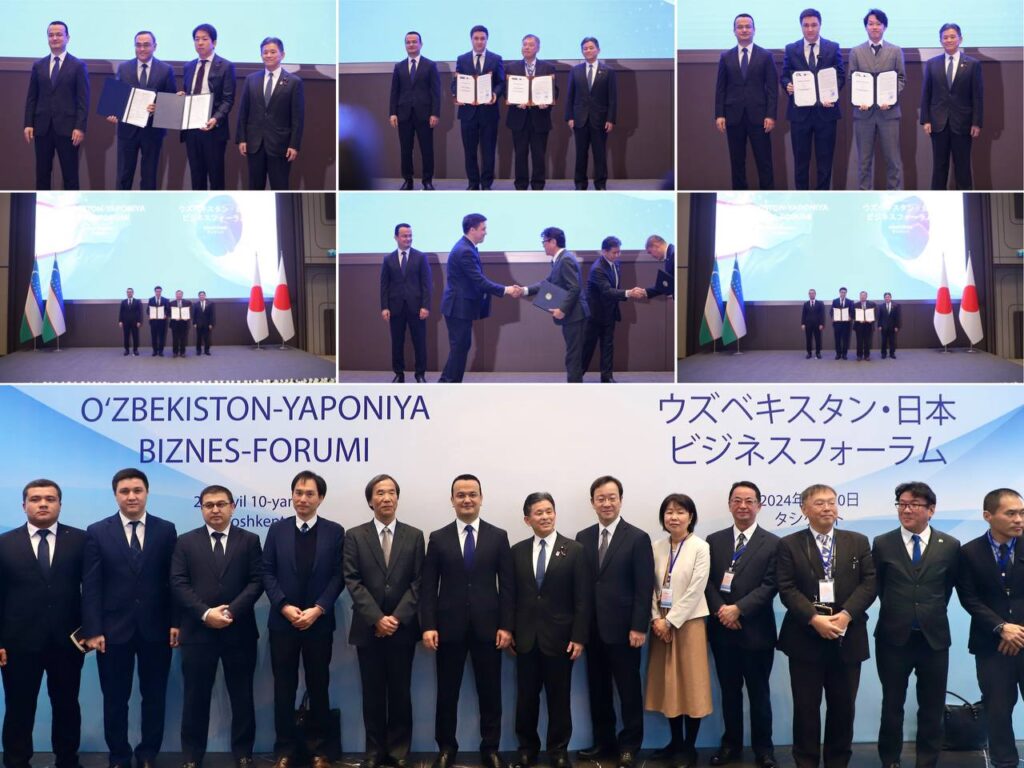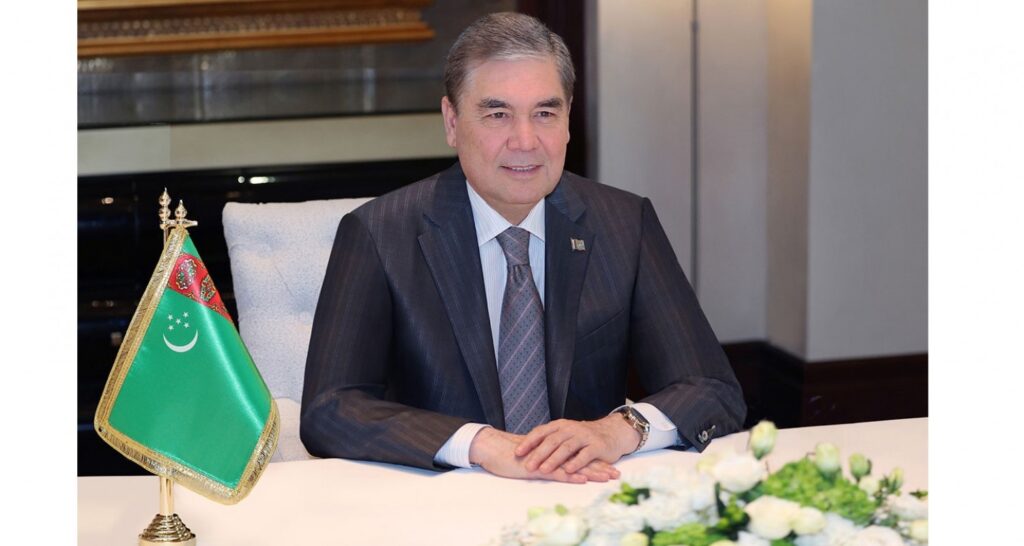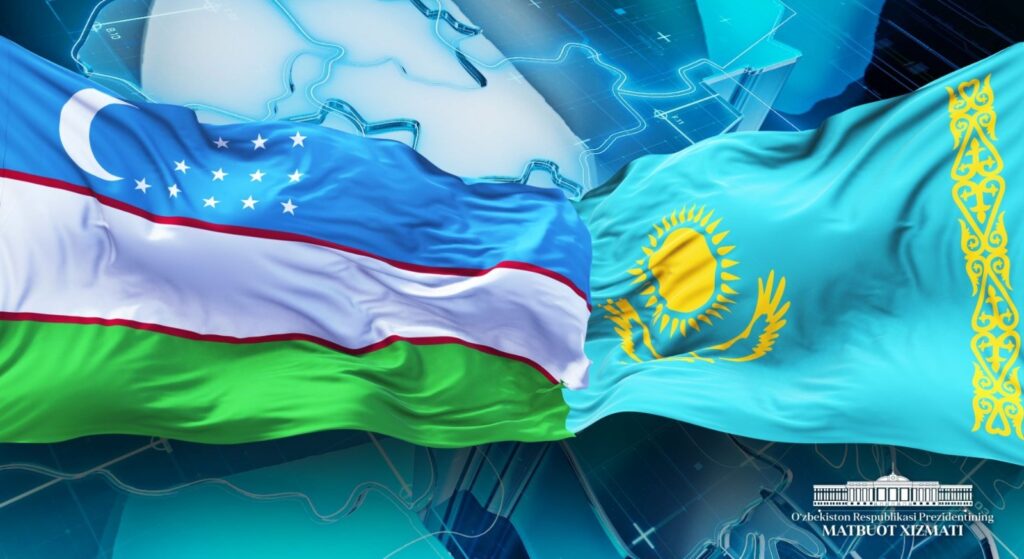Georgia to Help Kazakhstan Develop Olive Production
Kazakhstan’s ambassador to Georgia, Malik Murzalin recently visited olive plantations in the Georgian region of Kakheti. Olive tree seedlings from this region are to be planted in several regions of Kazakhstan, the Foreign Ministry has reported. Georgian businessman, George Svanidze, who was the president of the International Olive Council in 2020, showed Murzalin the olive production and processing industry in Georgia, and spoke about plans to develop an olive industry in Kazakhstan with the support of Georgian specialists. These plans include planting the best varieties of olive trees, creating plantations, launching a processing plant, and obtaining an international certificate necessary for exporting Kazakh olives abroad. To date, an experimental planting of olive tree seedlings has been completed in Kazakhstan’s Zhetysu and Mangistau regions. This year, it is also planned to send Georgian olive tree seedlings to the Turkestan region. Svanidze stated that Georgia is ready to share its knowledge, experience and innovations in growing olives in Kazakhstan. He also promised to assist Kazakhstan in obtaining membership of the International Olive Council, the organization that controls 90% of the world's income from olive oil and 74% of its trade.








